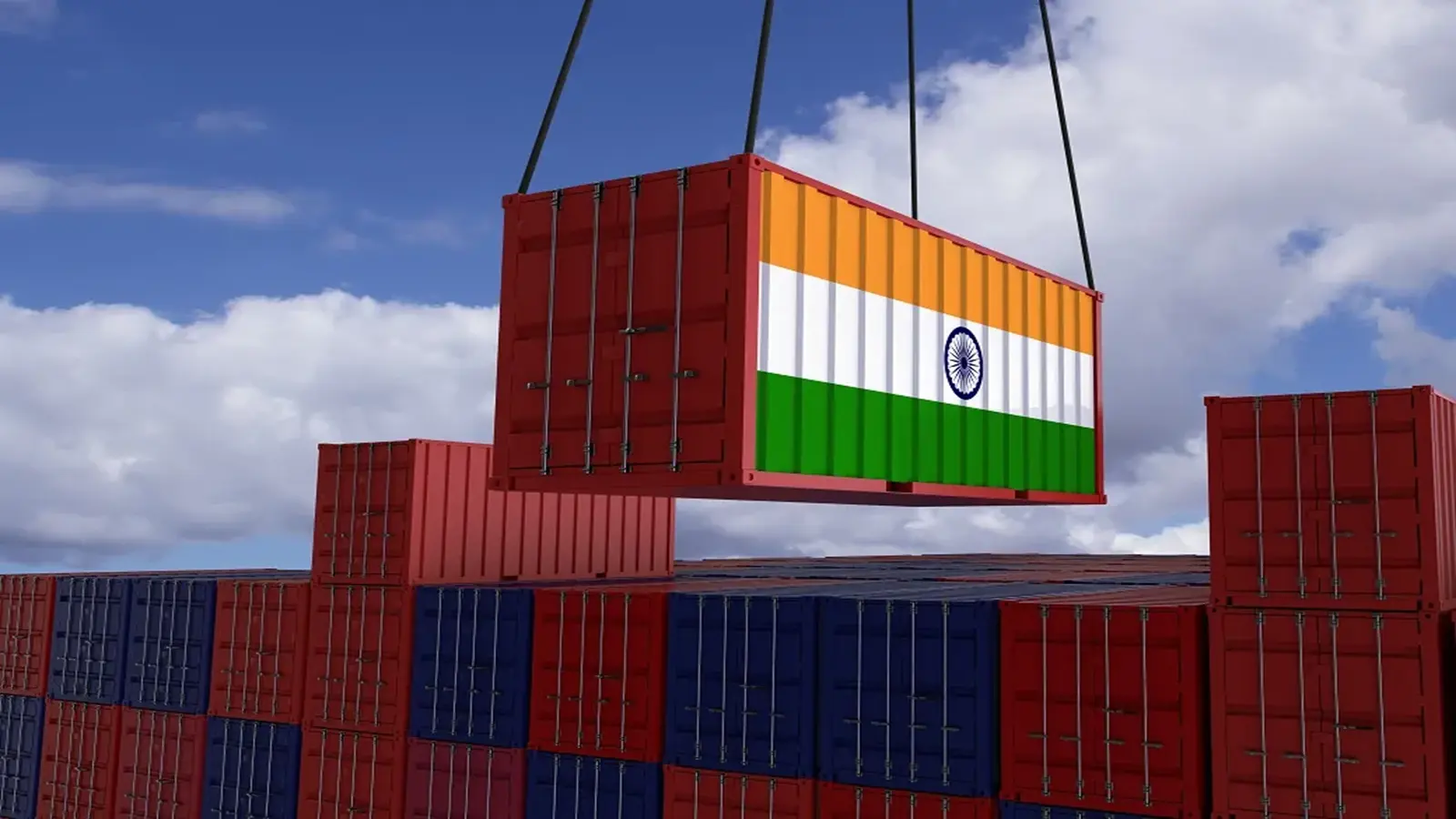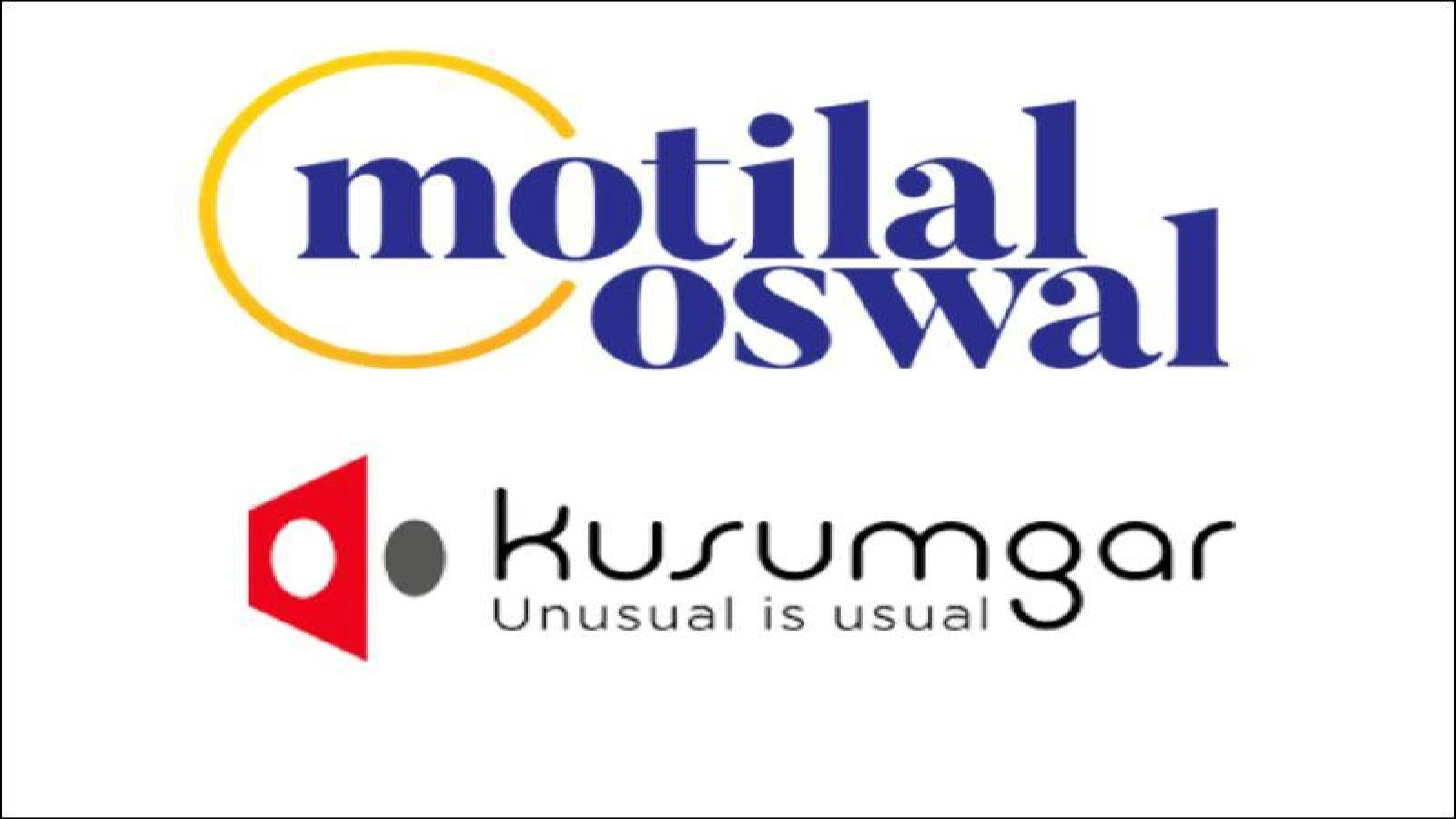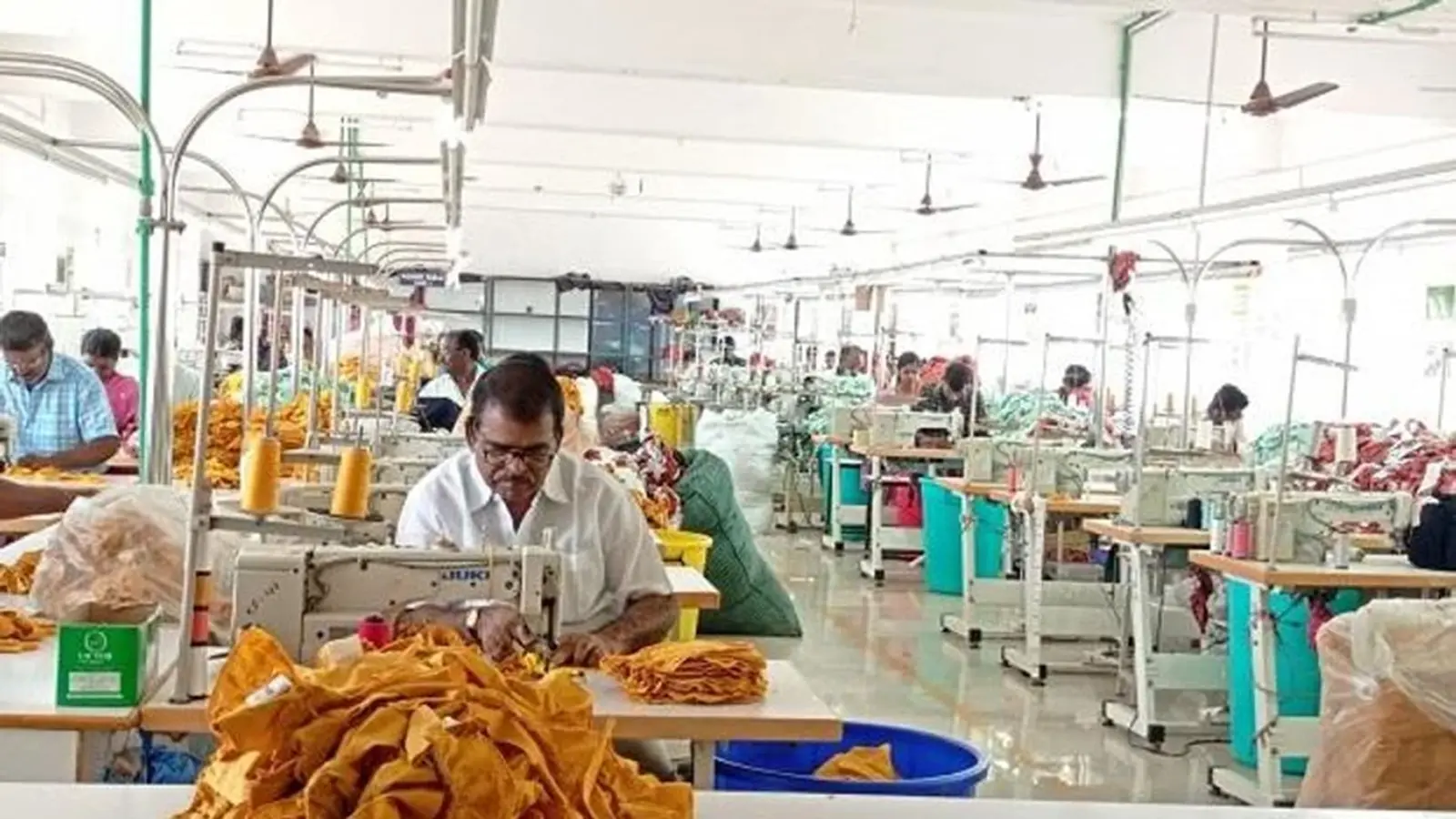India’s textile industry has called on the government to withdraw the proposed anti-dumping duty (ADD) on Mono Ethylene Glycol (MEG), a key raw material in the production of polyester fibre and filament yarn. Industry leaders warn that imposing such a duty would increase raw material costs by nearly 20%, severely impacting the country’s fast-growing man-made fibre (MMF) segment.
R.K. Vij, Secretary General of the Polyester Textile Apparel Industry Association, explained that the textile sector consumes 70–75% of Purified Terephthalic Acid (PTA) and MEG both essential for polyester fibre production. With an annual requirement of 28 lakh tonnes of MEG, around 12 lakh tonnes are imported from countries such as Singapore, Qatar, and Saudi Arabia, as imports from China are restricted under the Quality Control Order.
Currently, India imports 40% of its total MEG consumption, and there are no new domestic production projects expected in the next three to four years. Industry bodies argue that imposing ADD at this stage would jeopardize the sector’s competitiveness and contradict the government’s push to strengthen India’s MMF value chain.
Industry representatives, including Ashwin Chandran of the Confederation of Indian Textile Industry and Durai Palanisamy of the Southern India Mills Association, emphasized that polyester fibres should remain affordable and aligned with global prices. They recalled that the government had earlier removed ADD on PTA in 2020 to promote MMF growth and urged similar relief for MEG.
The textile industry is now seeking consultations with the Ministries of Textiles, Finance, and Chemicals to ensure uninterrupted and cost-effective access to essential raw materials for sustainable sectoral growth.


Government Extends RoDTEP Export Incentive Scheme Until March 2026

Motilal Oswal Backs Kusumgar to Power Growth in Engineered Fabrics

Tiruppur Knitwear Industry Struggles with Severe Labour Shortage